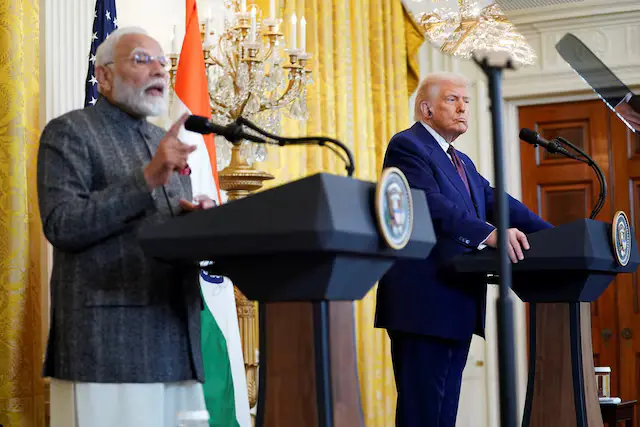The Department of Homeland Security (DHS) deported Brown University medical school assistant professor Rasha Alawieh after she was found to have attended the funeral of a past Hezbollah leader. The agency disclosed the deportation on Monday in a post on X (formerly Twitter), citing security issues over her solidarity with the late militant leader.
According to DHS, Alawieh traveled to Lebanon in February to attend the funeral of Hassan Nasrallah, the former secretary-general of Hezbollah. The U.S. government holds Nasrallah responsible for orchestrating attacks that led to the deaths of hundreds of Americans over four decades.
“Alawieh publicly confessed to CBP officers that she was in favor of Nasrallah,” DHS said. “A visa is a privilege, not an entitlement. Commending and applauding terrorists who murder Americans warrants visa issuance to be denied. This is sense security.”
Alawieh, who was in the US on an H-1B visa, had originally been allowed to stay in the country by a judge’s order. DHS officials deported her before being informed of the court’s order. In a court document that Politico received, the government claimed that Alawieh had kept “sympathetic photos and videos” of Hezbollah members in a folder that had been deleted from her phone.
In dealing with federal authorities, Alawieh insisted she adhered strictly to Nasrallah’s teachings from a religious perspective and not political. Still, DHS argued that her conduct justified removing her.
The case has raised issues regarding national security, visa policy, and academic freedom. Alawieh’s deportation is taking place against a backdrop of increased tensions on U.S. campuses, especially about recent immigration enforcement activities. Mahmoud Khalil, a former student at Columbia University and green card recipient, was detained by Immigration and Customs Enforcement (ICE), and another student at Columbia had her visa canceled.
The case is of concern regarding the monitoring of foreign nationals in academia, especially those associated with politically charged issues. Critics see the move by the federal government as part of a larger crackdown on perceived threats, while others commend the action as a necessary security step.
DHS has not released more information on whether other academic professionals are being investigated for similar issues.




